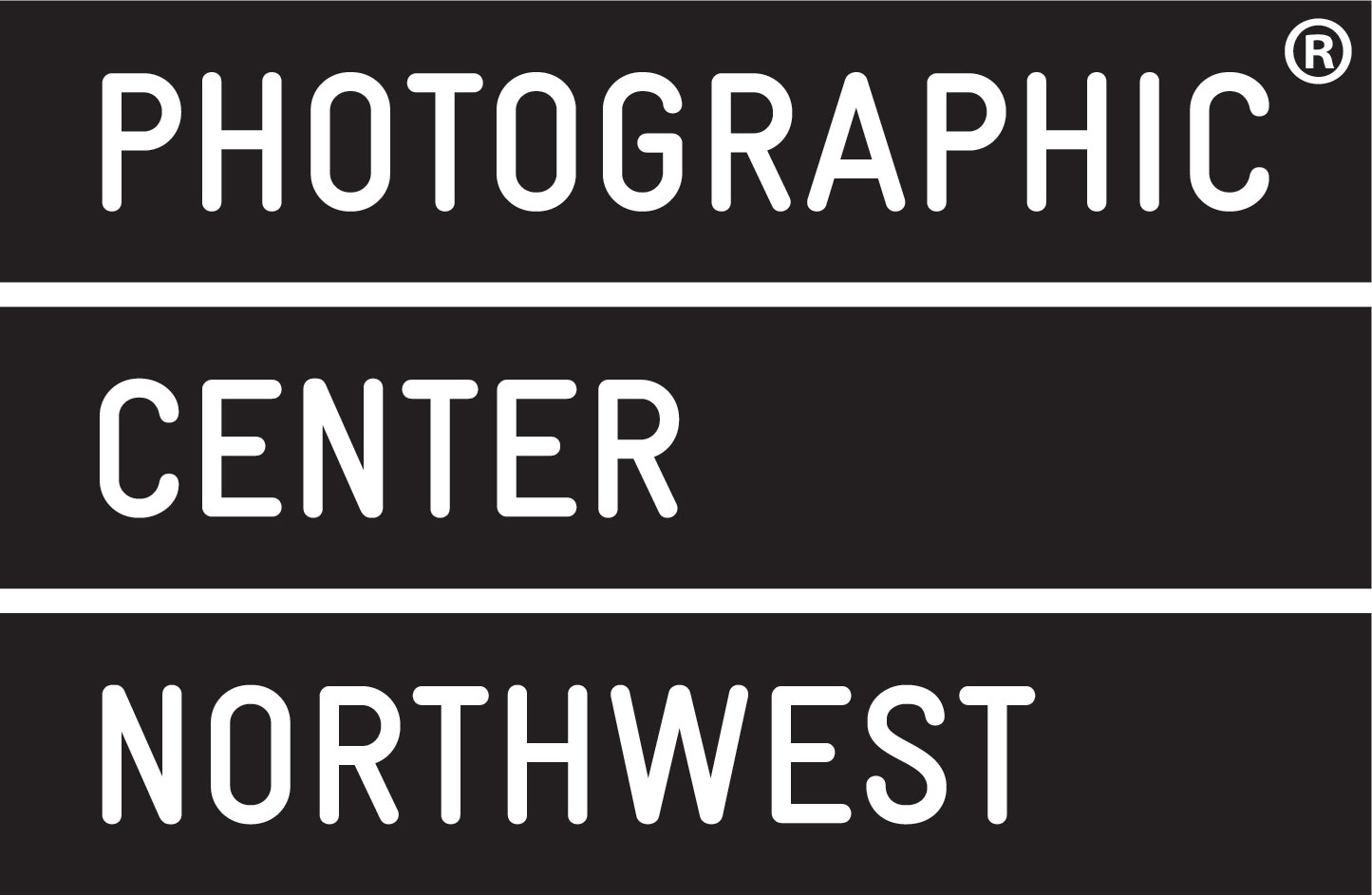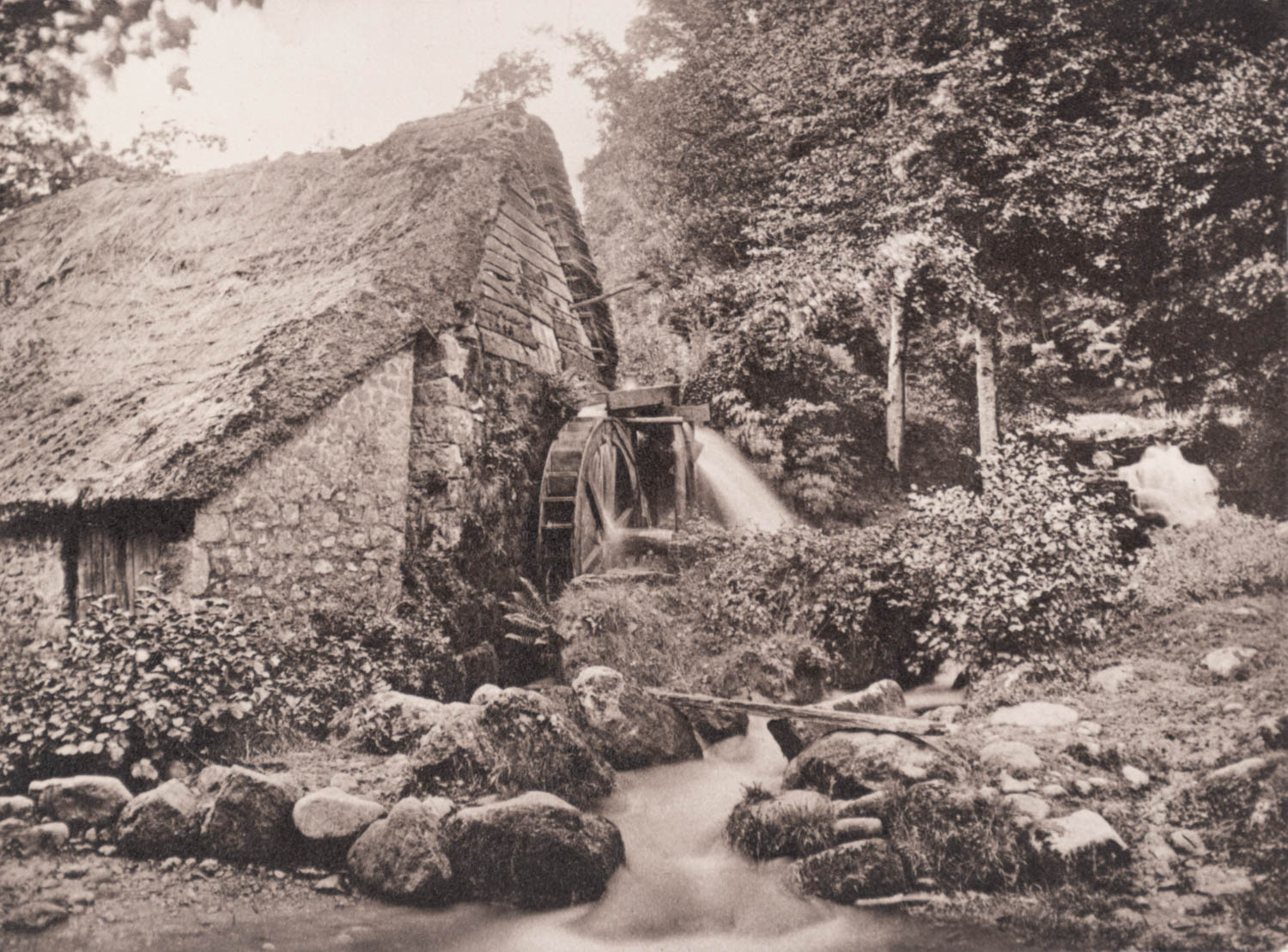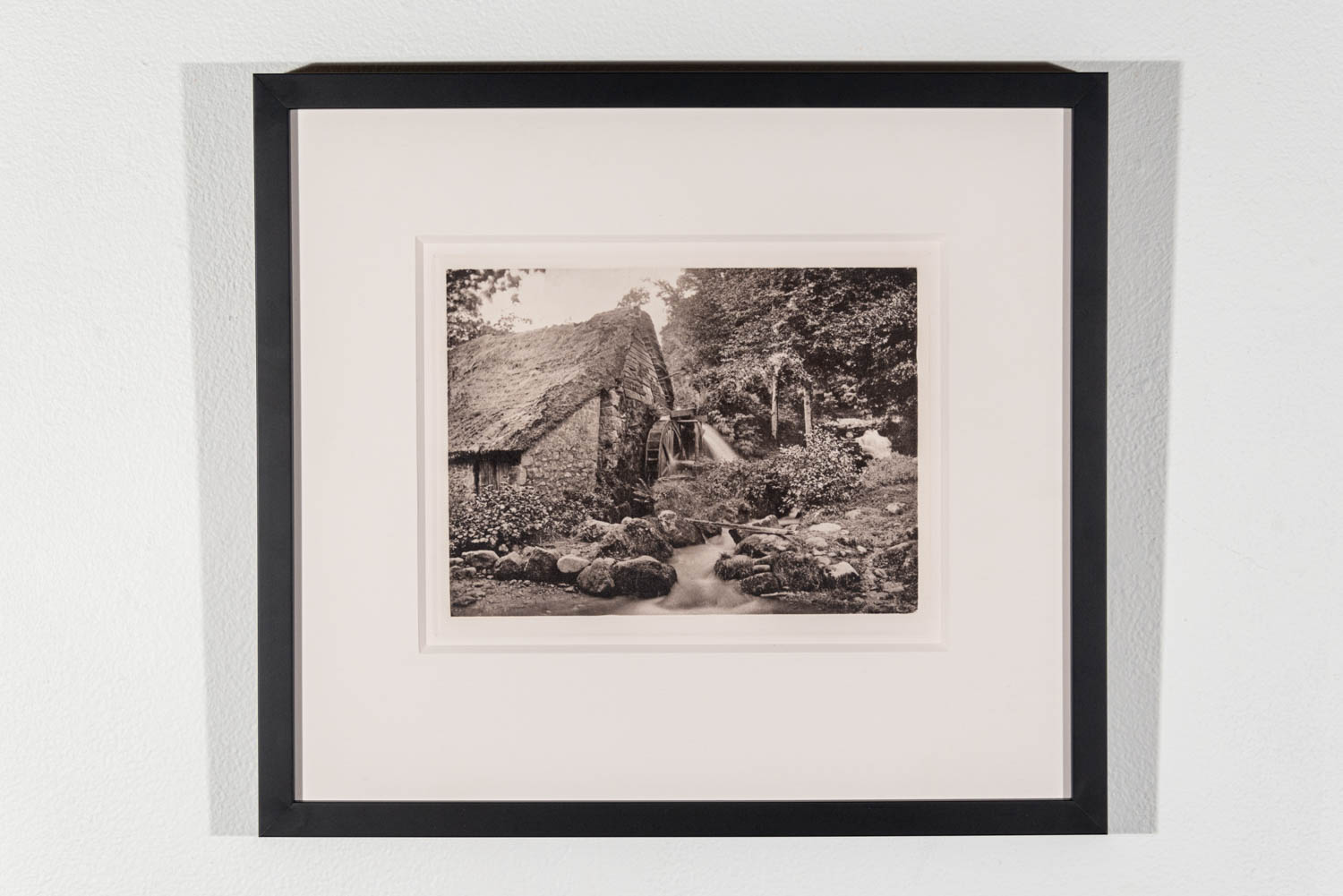Francis Bedford
Holy Street Mill, Chagford, Devon, c. 1855-1865
Photogravure from wet collodion on glass negative (Collection of Birmingham Public Libraries, Birmingham City Corporation)
6 x 8.25 inches, framed to 13.5 x 15 inches
Edition of 300 produced as part of “The Golden Age of British Photography” portfolio (Aperture Foundation, with the Victoria and Albert Museum and the Philadelphia Museum of Art)
Retail value $900
Courtesy Caryl Baron; framing courtesy Annie’s Art and Frame
Francis Bedford (1815 – 1894) is one of the most intriguing figures in the early history of photography in Britain because he played a central role in guiding the medium from its early, amateur days through the experimental period of the 1850s and into the era of the mass market for photography in the 1860s.
Bedford was born in London. He initially started working as a draftsman and subsequently as a lithographer, but in 1853 he took up photography. Within a few years, he was working as a commercial photographer of landscape and architectural views. He was the first photographer to accompany a royal tour. In 1862, when he was asked by Queen Victoria to travel with the Prince of Wales, Bedford was an accomplished and respected professional photographer, with two earlier royal commissions already completed.



